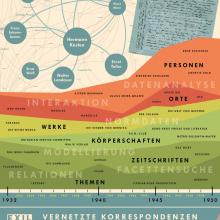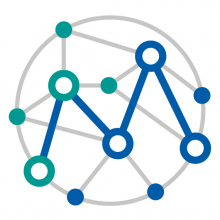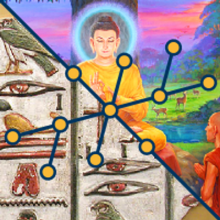Computational Literary Studies
A Bird's Eye View of Literature
Computational Literary Studies, also known as digital literary studies or distant reading, deal with questions in the field of literary theory and literary history on the basis of extensive databases, using quantitative text analysis methods. Especially when it comes to recognizing overlapping trends, structures and patterns, Computational Literary Studies can show its strengths.
Corpus Structure, Text Analysis, Law
The construction of suitable, also multilingual corpora of literary texts through digitization, optical character recognition, marking of text structures in XML and indexing via metadata / normative data is an important aspect of this research topic for us and forms the basis for further steps. We use standards such as the guidelines of the Text Encoding Initiative (TEI) or principles such as Linked Open Data as part of a strategy that ensures the long-term reusability of the resulting corpora.
In Computational Literary Studies, the development, evaluation and application of procedures and methods of text analysis for dealing with literary historical as well as methodological questions play a central role. Important challenges are the operationalization of literary phenomena for quantitative analysis as well as the replicability or reproducibility of research. Computational Literary Studies are closely linked to computational linguistics, natural language processing, computer science (machine learning, text mining) and statistics methodologically.






